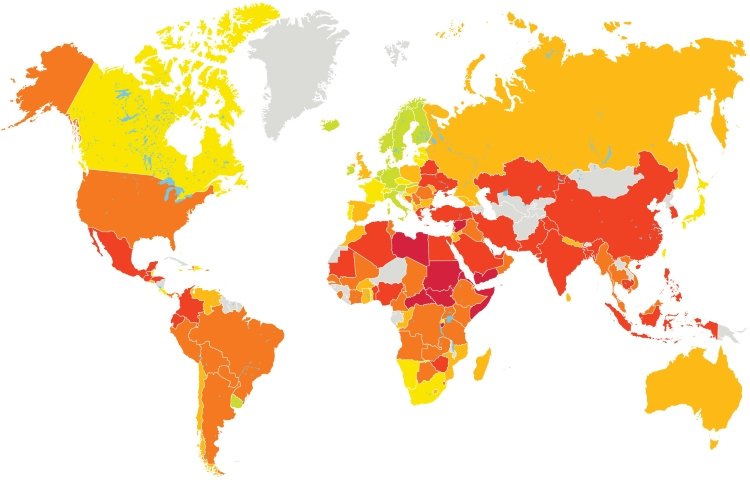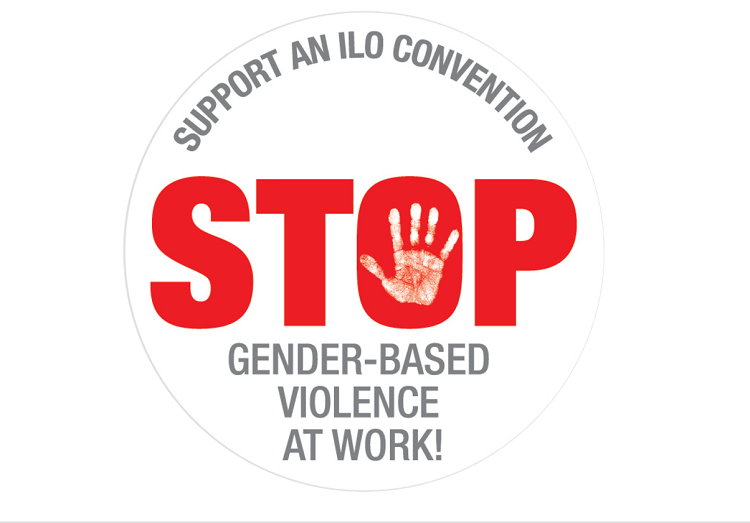he conference was warmly welcomed by the President of the OGB, Erich Foglar and honoured by the General secretaries of ITUC, ETUC, PERC, EMF, the head of TUAC as well as high level speakers – K. Tapiola (ILO), EU Commissioner for Employment and Social Affairs L. Andor, the Minister of labour of Austria Dolf Hundstorfer , the governor of the Austrian National Bank and prominent academics and actors in the field – Prof. M. Uvalic, D. Vaughan Whitehead (ILO), Prof. Heribert Kohl, F. Hantke, Prof. J. Vilrokx. Major contributions were made by current leaders and experts, particularly from CEEtrade unions as well as some former trade union leaders – Prof. Krastyo Petkov, Sandor Nagy.
The occasion for the conference was a similar strategic event held by ICFTU in 1990 in Vienna to discuss the future changes in Europe and the role of the trade unions in the transformation process. The aims of the current event were to mark this anniversary and to take stock of the experiences in the transformation period. Also to critically approach achievements and unrealised expectations, and draw insights about the complex logic and mechanics of the reform policies, how it shapes the role of the trade unions. And finally to see the current strategic challenges and trade union approaches to the current crisis in view of the lessons of the lessons of the past.
The work of the conference was focused on three strategic dimensions of the transformation period:
![]() The shaping of the economic, social and political context and content of the transformation process as a project of massive social engineering, i.e. the enabling and (more) constraining factors in the IMF imposed “model of change” that draws the boundaries of the “action field” for trade union and social policies;
The shaping of the economic, social and political context and content of the transformation process as a project of massive social engineering, i.e. the enabling and (more) constraining factors in the IMF imposed “model of change” that draws the boundaries of the “action field” for trade union and social policies;
![]() A critical and self-critical assessment of the ideas and realities of development of labour relations systems, the political systems and democratic processes, particularly in CEE countries. How much the trade unions were able to enter these interactions and contribute its guidance of the reforms and avoid being too often recipient of policies. The uneasy questions of the search of political allies, more often falling short of expectations, has been addressed, particularly in view of the inefficiency of political parties of all shades to develop a viable alternative to the neoliberal philosophy of the reforms, based on IMF/WB policies.
A critical and self-critical assessment of the ideas and realities of development of labour relations systems, the political systems and democratic processes, particularly in CEE countries. How much the trade unions were able to enter these interactions and contribute its guidance of the reforms and avoid being too often recipient of policies. The uneasy questions of the search of political allies, more often falling short of expectations, has been addressed, particularly in view of the inefficiency of political parties of all shades to develop a viable alternative to the neoliberal philosophy of the reforms, based on IMF/WB policies.
![]() Building on the debates and lessons on the two dimensions above to see the real options for short and longer-term strategy orientations of trade unions on all levels in facing the challenges of the current crisis following its dramatic impact on employment and incomes of the working people, on the public sector and public services in particular. Trade union leaders on international and European level as well as TUAC presented their views about key policy directions to be pursued and the possible steps to be taken along these lines.
Building on the debates and lessons on the two dimensions above to see the real options for short and longer-term strategy orientations of trade unions on all levels in facing the challenges of the current crisis following its dramatic impact on employment and incomes of the working people, on the public sector and public services in particular. Trade union leaders on international and European level as well as TUAC presented their views about key policy directions to be pursued and the possible steps to be taken along these lines.
The conference was characterised by very energetic, open and honest debates trying to go deeper in the understanding of the complexities of the challenges and to realistically assess the advantages and shortcomings of trade union policies.
/PERC/



